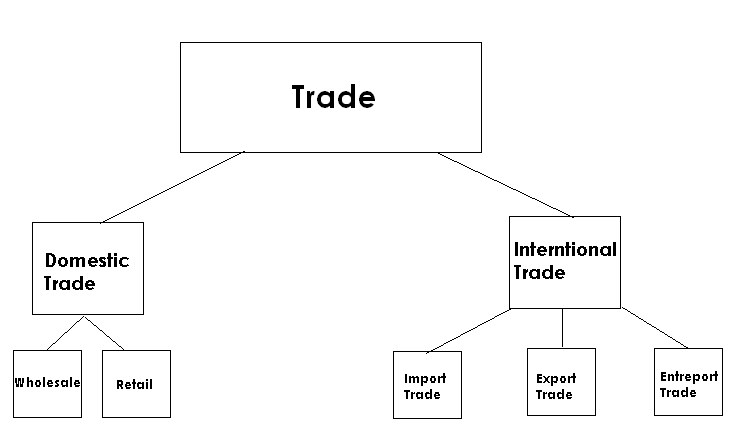Retail vs. Wholesale: Understanding the Key Differences

The terms “retail” and “wholesale” are frequently encountered, yet their distinctions often remain unclear. This article aims to clarify the definitions of retail and wholesale sales, examining the key factors that differentiate these two distinct sales models. Retail, or retail sales, refers to the direct sale of goods to the ultimate consumer. This occurs when individuals purchase items from electronics stores, supermarkets, or online shops. It represents the final stage in the distribution chain. Understanding this chain reveals interesting insights. Before reaching the consumer, a product undergoes various transactional stages. The manufacturer might sell directly to the consumer, or to intermediaries who then handle retail sales (also known as B2C – Business to Consumer). A crucial difference lies in the volume: retail transactions involve the sale of relatively small quantities of goods to the end-user. Conversely, wholesale operations, as we’ll explore, operate on a vastly different scale. Wholesale sales primarily involve transactions between producers and wholesalers. Manufacturers sell goods in bulk to companies that then distribute and resell them through their retail outlets or networks to the end consumer. As the term suggests, wholesale transactions deal with large volumes of merchandise. This model, further amplified by digitalization, extends beyond traditional retail; for instance, in the ICT sector, this includes wholesale internet solutions offered by major providers, a critical resource for businesses requiring substantial data volumes and high-performance connectivity. Notably, while predominantly B2B (Business to Business), wholesale sales can also encompass B2C scenarios, albeit to a lesser extent. Consumers may purchase large quantities of a product for personal use without resale intentions. Several factors distinguish retail and wholesale, including competition, significantly less intense in the wholesale market. Wholesale pricing tends to be lower, although promotional offers are less frequent compared to retail.
